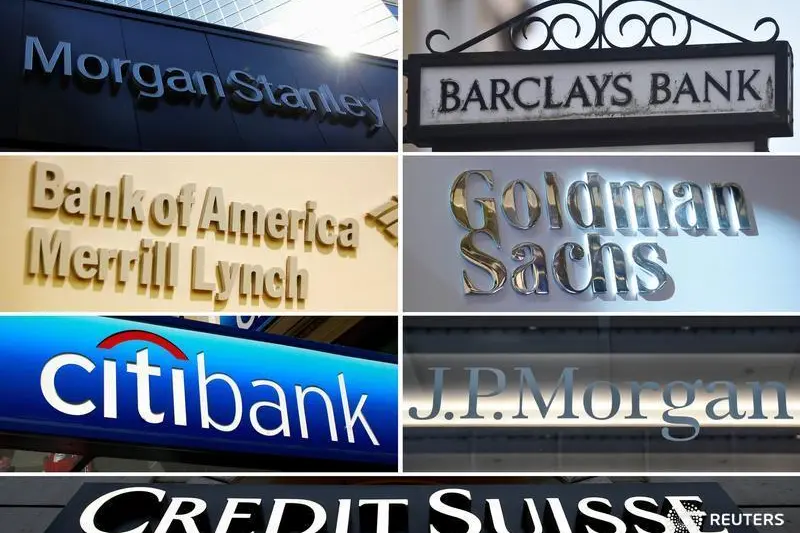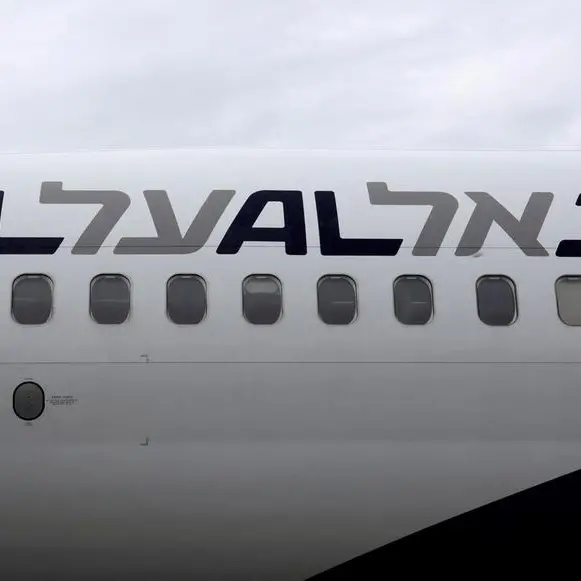PHOTO
LONDON - Weeks before governments and central bankers began pouring money into the economy, bank credit lines were the first port of call for companies fearing a coronavirus cash crunch. Huge drawdowns by Ford Motor, Anheuser-Busch InBev and others will stick in the minds of bankers – and spur a rethink of what is an unusual product.
Backstop cash facilities are rarely huge earners. Companies pay a small “commitment fee” of, say, 0.15% annually to retain the option of borrowing $5 billion, for example. Since banks have to keep as much as 20%-50% of the facility on their balance sheet even if the company leaves it undrawn, it’s generally a poor use of capital. Lenders tolerate these often suboptimal arrangements in the hope of pleasing clients and winning a place on more lucrative deals.
What happened in March changes the equation. With lockdowns beckoning and government responses yet to kick in, firms tapped credit lines en masse. An April 7 Berenberg analysis of $1.2 trillion worth of revolving credit facilities found that consumer-goods firms alone may have used 70%-80% of their lines.
Such behaviour pulled the off-balance-sheet portion of banks’ credit lines immediately on to their books. Outstanding corporate loans at JPMorgan, Bank of America, Citigroup, HSBC,, BNP Paribas , Barclays, Deutsche Bank and Banco Santander on average surged by 15%, or $320 billion overall, according to a Breakingviews analysis of first-quarter results. That in turn inflated risk-weighted assets, depleting all-important common equity Tier 1 ratios. This regulatory definition of capital fell by half a percentage point on average to 12.3% across the same eight banks.
The panic passed, thanks to the Federal Reserve’s massive bond-buying, which reopened markets and allowed firms to replace credit lines with longer-term bonds. But bankers won’t quickly forget the experience of seeing their employers’ capital and liquidity buffers swallowed up by economy-wide drawdowns. One solution would be to increase commitment fees, making Ford, AB InBev and the like pay more for the luxury of emergency liquidity. Banks could also insert more “anti-hoarding” clauses into deals, discouraging companies from drawing down cash they may not need.
Either way, a change is clearly needed. Global lenders’ corporate franchises on aggregate failed to earn their cost of capital last year, Oliver Wyman data shows. March’s madness will make them reassess the value of “cheap” lending facilities.
CONTEXT NEWS
- Bank earnings season began with JPMorgan on April 14.
- The $267 billion U.S. lender and Citigroup, Bank of America, HSBC, BNP Paribas, Barclays, Deutsche Bank and Banco Santander on average reported a 15% rise in corporate loans, according to a Breakingviews analysis of first-quarter results.
- For previous columns by the author, Reuters customers can click on
(Editing by George Hay and Oliver Taslic)
© Reuters News 2020





















